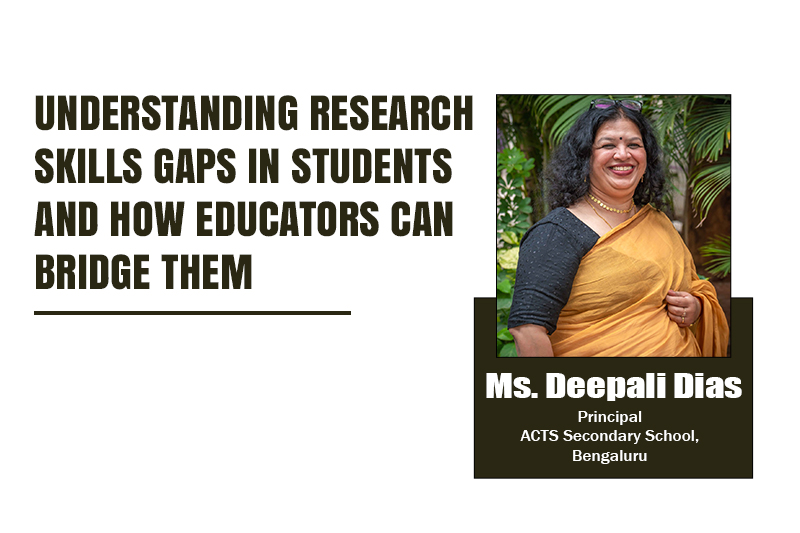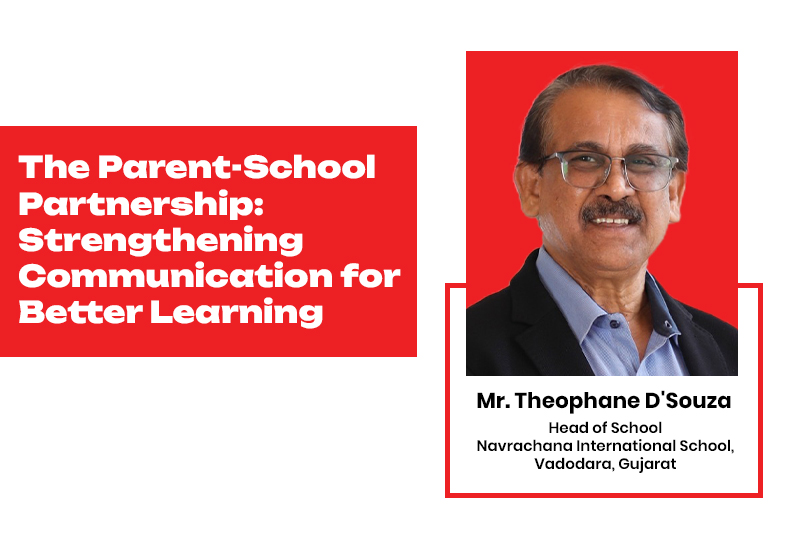Fr. (Dr.) Francis Swamy S.J., Campion School, Mumbai: Debunking the Myth of Learning Styles in Education
"True education does not confine learners to fixed styles—it empowers them with diverse strategies to grow beyond their perceived limits and thrive through every mode of understanding."
Fr. (Dr.) Francis Swamy S.J. is a pillar of transformative education in India. As Principal of Campion School, Mumbai, he brings together deep academic insight and unwavering humanistic values. Under his leadership, the school has become synonymous with holistic excellence, where academic brilliance meets compassionate mentorship.
His decades-long journey is marked by powerful contributions to teaching, curriculum development, student mentorship, and public discourse on educational reform. Whether writing child-friendly books on disaster management or guiding students through the rigors of board exams, Fr. Swamy’s mission is rooted in cultivating resilient, thoughtful, and empowered learners.
The Rise—and Flaws—of Learning Styles Theory
For years, the theory of learning styles has captivated educators worldwide. It suggests tailoring instruction to a student’s preferred mode—visual, auditory, kinesthetic, or reading/writing—improves outcomes.
At first glance, the theory aligns with personalized education and inclusive teaching ideals. It feels compassionate, logical, and easy to implement. However, as Fr. Swamy cautions, “Education that limits itself to these categories may inadvertently confine learners, rather than liberate them.”
Scientific Reality: A Theory Lacking Evidence
Research tells a different story. The widely cited 2008 study by Dr. Hal Pashler and colleagues reviewed the learning styles literature. It concluded there was “no adequate evidence” to support the idea that matching instruction to a student’s preferred style improves learning outcomes.
Subsequent investigations, including those from neuroscience, show that our brains learn best through multi-sensory experiences, regardless of perceived preferences. For example, students identified as “auditory learners” still benefit from diagrams, notes, and physical models, just as “visual learners” learn effectively through discussion and practice.
The Real Danger: Labels That Limit Growth
Fr. Swamy warns that labeling students based on learning styles can lead to self-fulfilling limitations. Learners who believe they can only understand through one mode may avoid engaging with other essential methods, such as listening, writing, or experimentation.
This rigidity fosters a fixed mindset, where students avoid challenges outside their comfort zone. In contrast, growth comes from stretching one's abilities—developing a diverse toolkit of learning strategies rather than relying on a single mode.
The Better Path: Strategy Over Style
Instead of designing lessons around learning styles, Fr. Swamy champions the use of evidence-based teaching strategies:
- Universal Design for Learning (UDL): Ensures content is accessible in multiple formats—visual, auditory, textual, and experiential.
- Metacognition: Teaching students how to learn, reflect, and adapt their study habits.
- Varied Assessments: Providing options (presentations, written work, demonstrations) allows for deeper engagement and ownership.
- Collaborative Learning: Encourages communication and perspective-taking across different learner types.
Fr. Swamy explains that student choice remains crucial, not to confirm their "style" but to foster agency and motivation.
Campion School: A Model of Holistic Learning
Under Fr. Swamy’s leadership, Campion School has embraced an approach that transcends learning styles:
- Integrated Classrooms: Lessons combine discussion, visual materials, projects, and written reflection—serving all learners.
- Teacher Training: Faculty can move beyond labels and implement adaptive, inclusive strategies.
- Cultural and Sports Events: Co-curriculars foster different intelligences and build confidence across varied abilities.
- Mentorship and counseling: Students are guided to understand themselves not by categories but through strengths and growth areas.
The Role of the Educator: Empower, Don’t Categorize
Fr. Francis Swamy believes that the best educators look beyond trends and ground their teaching in both compassion and science. Rather than fitting students into predefined boxes, effective educators expand the boundaries of what students believe they can do.
“Labels may comfort us,” he reflects, “but they rarely liberate us. Real education challenges learners to explore, adapt, and evolve.”
Conclusion: Shaping Learners for a Complex World
The learning styles theory may offer a well-intentioned narrative, but it falls short of preparing students for the complex, unpredictable world they will face. As Fr. Swamy demonstrates through his leadership, the true goal of education is to equip learners with strategies, resilience, and curiosity—not to limit them by categories.
At Campion School, education is not just about teaching—it’s about transformation. With visionaries like Fr. Francis Swamy at the helm, that transformation is deeply rooted in wisdom, empathy, and scientific clarity.
Want more thought-provoking articles like this? Check out EducationToday – where education meets innovation.






